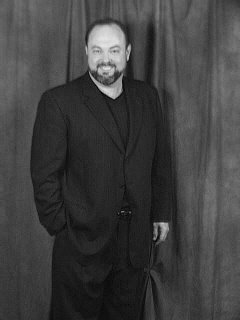
As I have worked on a few thoughts about ecclesiology, I have become overwhelmed by the absolute necessity of a patristic understanding of the dogma of the Trinity as foundational to any discussion of the Church.
But not dogma from a rationalistic or purely academic posture. Actually the Orthodox understanding on doing theology as primarily doxalogical and liturgical is also fundamental to beginning to grasp the patristic understanding of the Church.
In other words, we have to pray the Trinity to begin to appreciate just why this dogma is foundational to any understanding of ecclesiology.
I will go so far as to say that until we treat theology as primarily a doxalogical reality, we will be constantly tempted to reduce these theological truths to mere rational propositions. Which, in turn, will place us as more likely to miss the point of the dogma of the Trinity all together.
Having said that, please note the corporate nature of this way of doing theology. A wise Orthodox theologian once said "You never pray alone." In the very practice of communal prayer and worship we see a hint of the foundational nature of the Trinity in understanding the Divine Mystery of the Church. It is this Orthodox commitment to the ecclesia that both reveal and challenge.
It reveals the nature of the oneness of the dogma of the Trinity in the sense that each Person shares completely the Divine Nature. Father, Son, and Holy Spirit are one God, not three gods, but one God in three Persons.
However, the unity of the Trinity does not rest in the one Divine Nature, but the One Father. There is one God because there is one Father. The oneness of God rests on the Person of the Father, not on the impersonal distinction of divine nature.
Another saint reminded us that we can "neither confuse the Persons, nor divide the Essence." And here again we see the foundational nature of the Trinity on the theology of the Church. As persons in communion with Christ and one another, we all share the common human nature, but the uniqueness of our persons are not swallowed by this common nature.
In a mystery, in the Church, we each form parts of the Whole without losing the uniqueness of our person. Very much like the Father, Son, and Holy Spirit are both One and Three, we also, when entering the Church, participate in a mystery in this divine communion.
I want to say a great deal more on this, and I confess that this may be a subject beyond my abilities, but it has captured my imagination and I want to see where this takes me. Your wisdom and correction are greatly appreciated.



1 comment:
You are definitely on to something! My latest dive into the Holy Spirit has opened a lot of doors to ecclesiology also. Staniloea's "Orthodox Spirituality" has an excellent chapter on the Holy Spirit and the Church. If you haven't read "The Mystagogy of the Holy Spirit" (at least the introduction), it is also invaluable in hammering out the Trinitarian dogma. Looking forward to more from you on this.
Post a Comment